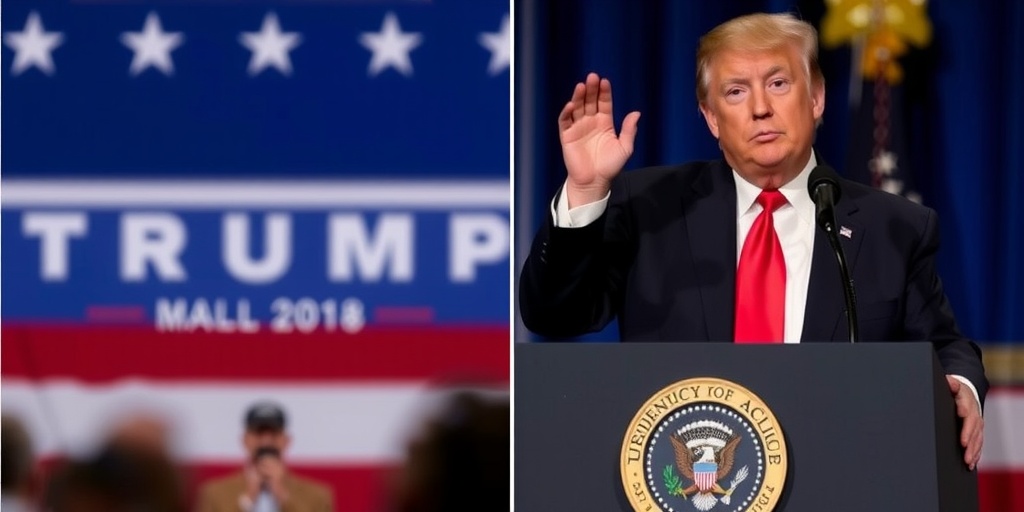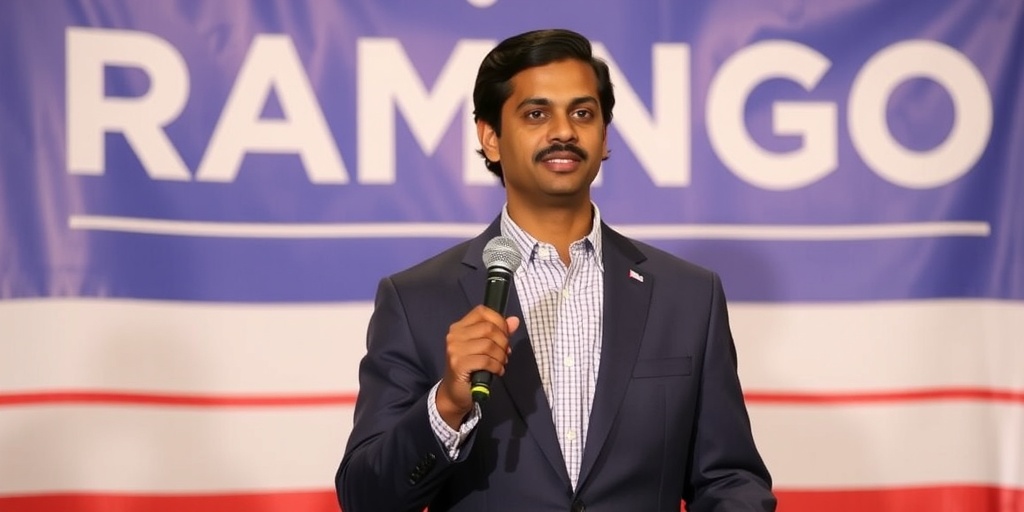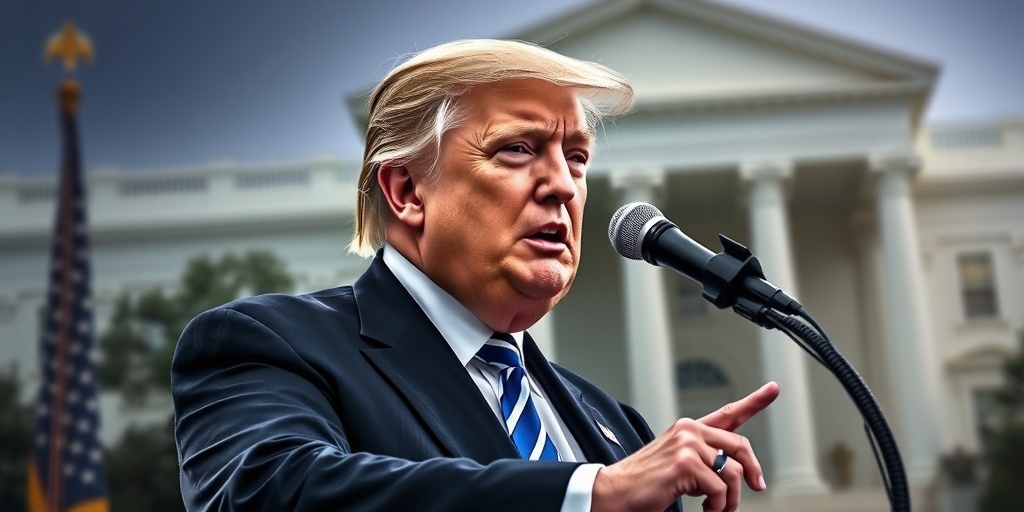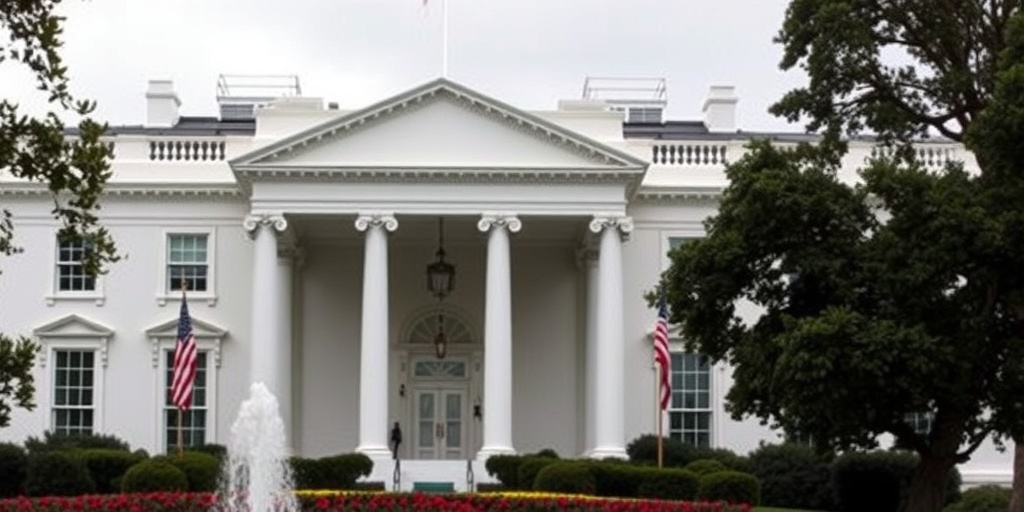Now Reading: Trump’s Nominee Opposes Nuclear Testing at Senate Hearing
-
01
Trump’s Nominee Opposes Nuclear Testing at Senate Hearing
Trump’s Nominee Opposes Nuclear Testing at Senate Hearing
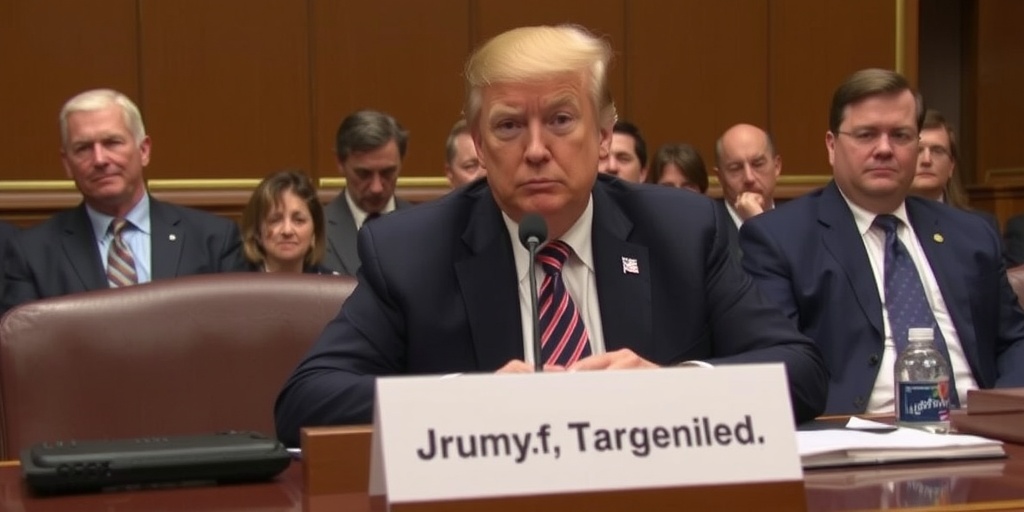
Brandon Williams Counters Trump Administration’s Push for Nuclear Testing During Senate Hearing
Brandon Williams, the nominee selected by President Trump to oversee the United States’ nuclear arsenal, made waves during his confirmation hearing on Tuesday by stating that he would not recommend the resumption of explosive nuclear testing—a position that diverges from the views of some administration advisors. His testimony, presented before the Senate Armed Services Committee, came as a surprise, especially given the backdrop of calls from certain factions within Trump’s circle for the U.S. to restart nuclear tests as a means of bolstering national security. The last nuclear test conducted by the United States took place in 1992, a cessation that many see as vital to global non-proliferation efforts.
Williams was nominated by Trump in January to lead the National Nuclear Security Administration (NNSA), the agency responsible for managing the nation’s nuclear weapons and ensuring their safety. This agency operates under the Department of Energy and plays a crucial role in the country’s strategic deterrent posture. As a former Navy officer and one-term congressman representing New York’s 22nd Congressional District, Williams brings military experience to the table but has faced skepticism regarding his qualifications for such a sensitive role.
Throughout his confirmation proceedings, Williams was pressed by various senators, particularly by Senator Jacky Rosen, a Democrat from Nevada, about the implications of renewing nuclear testing. Nevada has a significant history, having hosted nearly 1,000 nuclear tests, predominantly underground, during the Cold War. Rosen emphasized that her state has endured severe consequences from past testing, including contamination of land and exposure of populations to radiation. She strongly voiced her concerns, stating that a return to explosive nuclear testing could trigger a perilous nuclear arms race without justification.
During their exchange, Rosen pointedly asked Williams if he would advocate for the restart of nuclear tests. Williams responded firmly, "I would not advise testing, and I think we should rely on the scientific information," highlighting the advancements in nonnuclear explosive testing and sophisticated computer modeling being conducted by scientists at NNSA laboratories. This position aligns with a broader consensus among nuclear non-proliferation advocates who argue against the necessity of further testing, given the current state of scientific understanding and weapons assessment.
Rosen continued to argue against testing, citing the risks to the over two million residents of Las Vegas and potential contaminants affecting areas further east. She also recalled historical accidents linked to earlier underground tests that managed to leak gases into the atmosphere, signaling the dangers of nuclear testing close to populated areas. Williams acknowledged the importance of environmental considerations, emphasizing, “those would be very important considerations,” should any testing take place, especially near urban populations.
During his time in the Navy, Williams served on the U.S.S. Georgia, a nuclear submarine, until his departure in 1996, which was post his commissioning in 1991. Williams’ political career began following his election to Congress, where he was succeeded by Democrat John Mannion in the November elections. Currently, questions surrounding his nomination have come from multiple fronts, including critical assessments by other senators regarding his qualifications for the significant responsibilities of maintaining the nuclear stockpile and ensuring its security.
Elizabeth Warren, a Senator from Massachusetts and a member of the Senate Armed Services Committee, had expressed apprehensions leading up to the hearing. She underscored Williams’s limited credentials for handling the complexities of nuclear security. However, the hearing largely focused on him outlining how he would address issues related to retaining talent and expertise within the NNSA, particularly given the previous administration’s controversial firings and employee buyouts that had raised concerns about the agency’s effectiveness.
Throughout the session, Williams commended the talent inherent within the agency, asserting his commitment to advocate for its personnel and recognize their critical role in maintaining national security. His approach has centered on valuing the importance of their work, a stance that appears crucial for keeping morale high and ensuring retention in a field where specialized knowledge is paramount.
As the confirmation process moves forward, the Senate Committee is expected to vote on Williams’s nomination soon, with indications suggesting that he may receive sufficient support to advance to a full Senate confirmation vote. The implications of his hearing resonate beyond mere confirmation; they reflect the ongoing debates surrounding nuclear strategy, testing, and the importance of scientific advancements in defense policy in an era where geopolitical tensions remain high.
Stay Informed With the Latest & Most Important News
Previous Post
Next Post
-
 01New technology breakthrough has everyone talking right now
01New technology breakthrough has everyone talking right now -
 02Unbelievable life hack everyone needs to try today
02Unbelievable life hack everyone needs to try today -
 03Fascinating discovery found buried deep beneath the ocean
03Fascinating discovery found buried deep beneath the ocean -
 04Man invents genius device that solves everyday problems
04Man invents genius device that solves everyday problems -
 05Shocking discovery that changes what we know forever
05Shocking discovery that changes what we know forever -
 06Internet goes wild over celebrity’s unexpected fashion choice
06Internet goes wild over celebrity’s unexpected fashion choice -
 07Rare animal sighting stuns scientists and wildlife lovers
07Rare animal sighting stuns scientists and wildlife lovers














